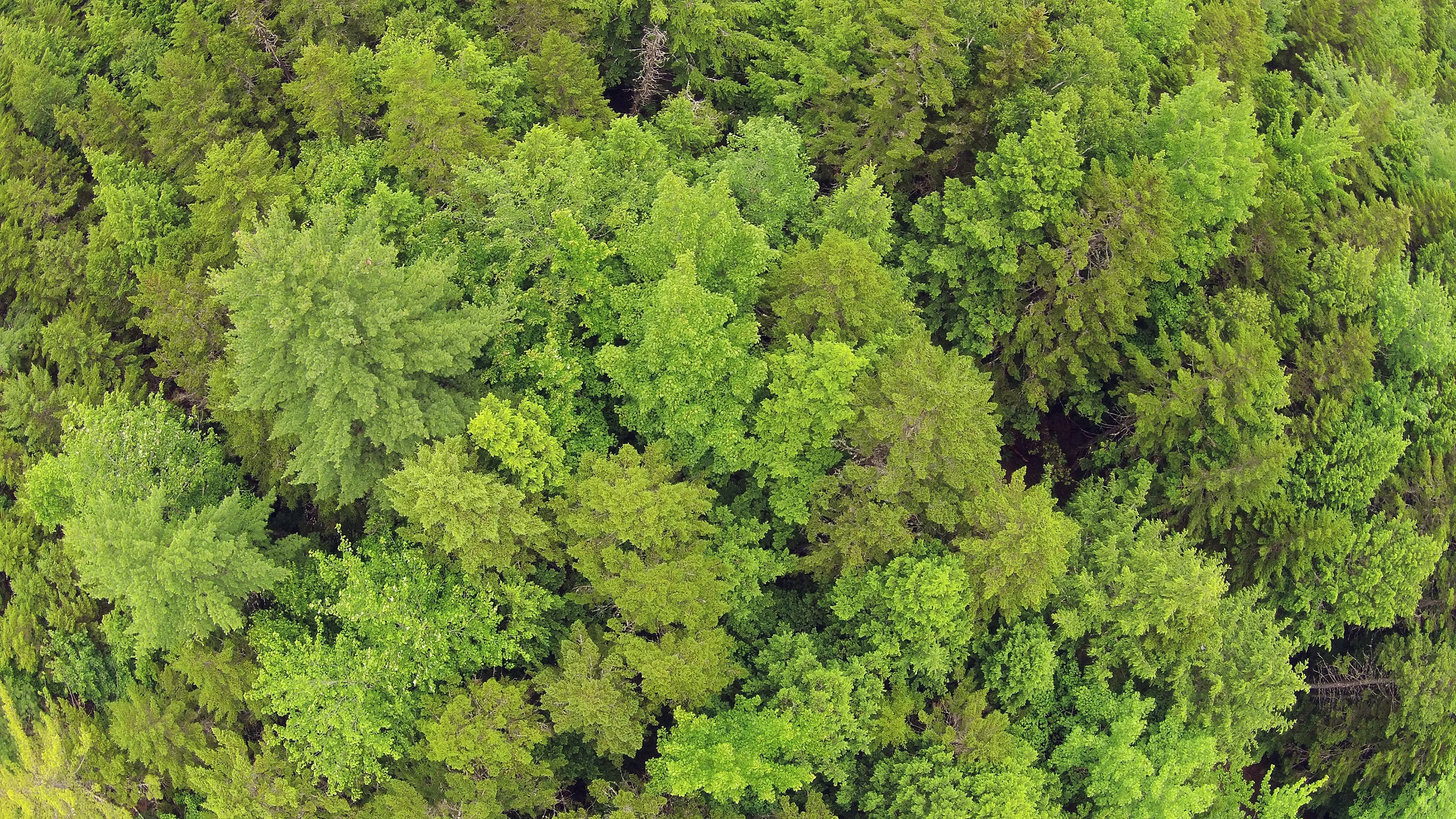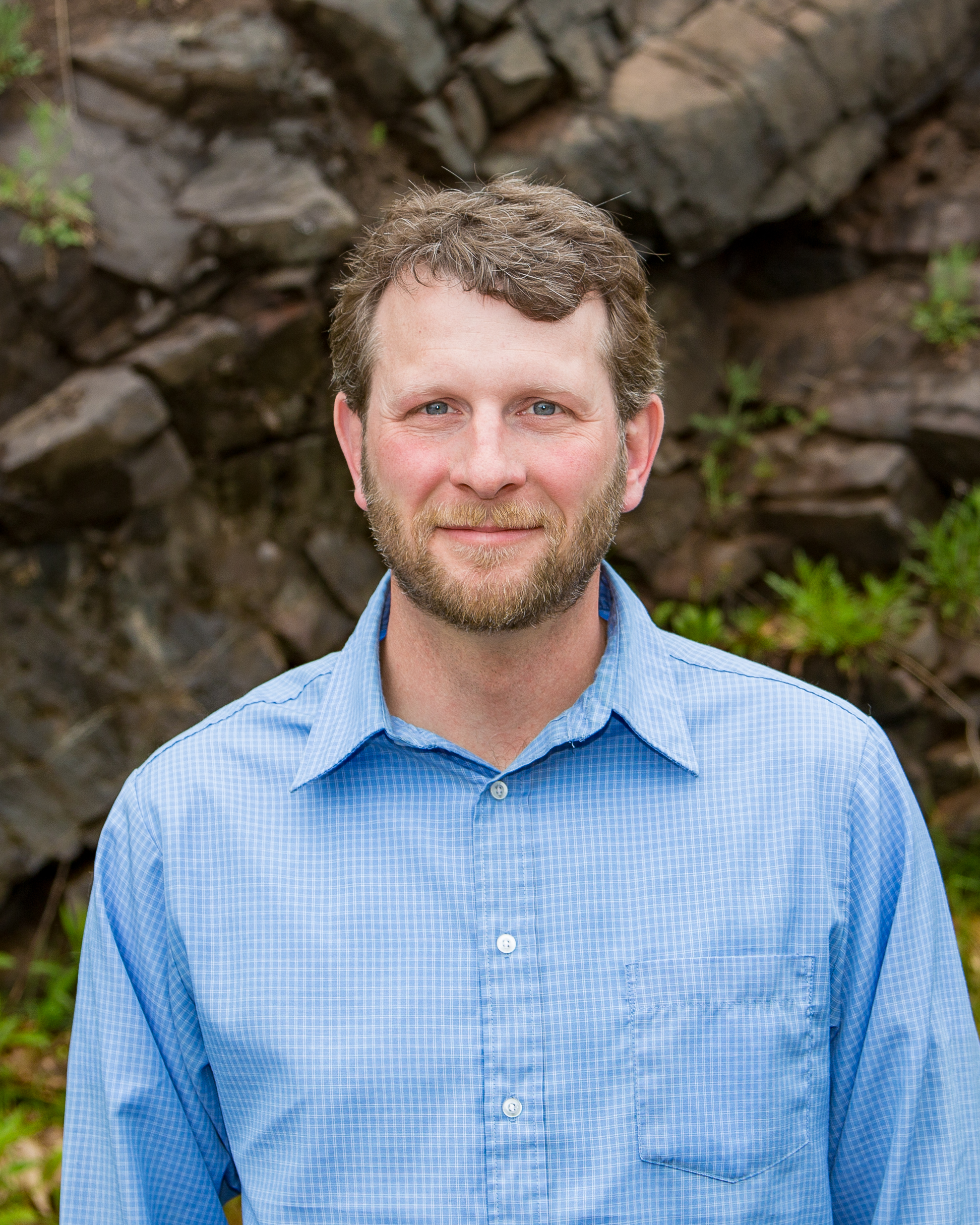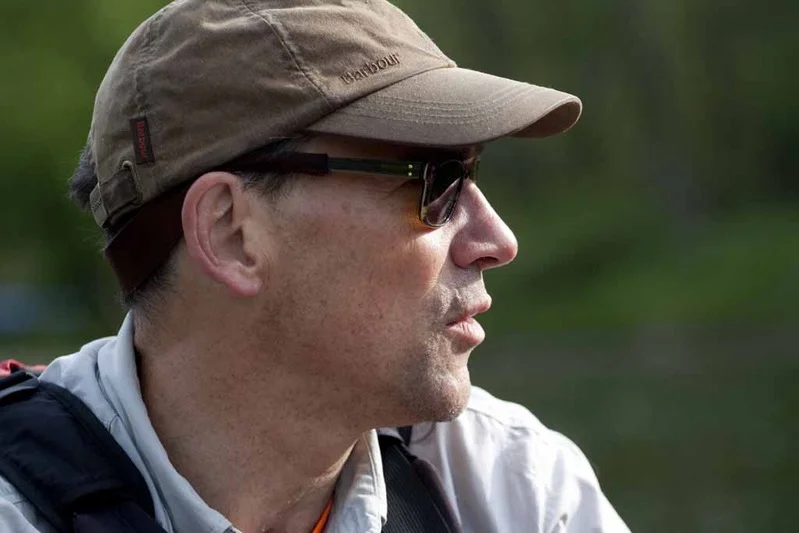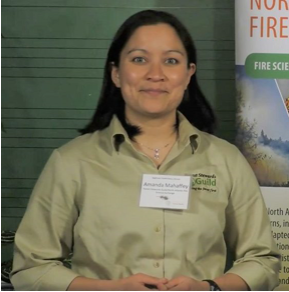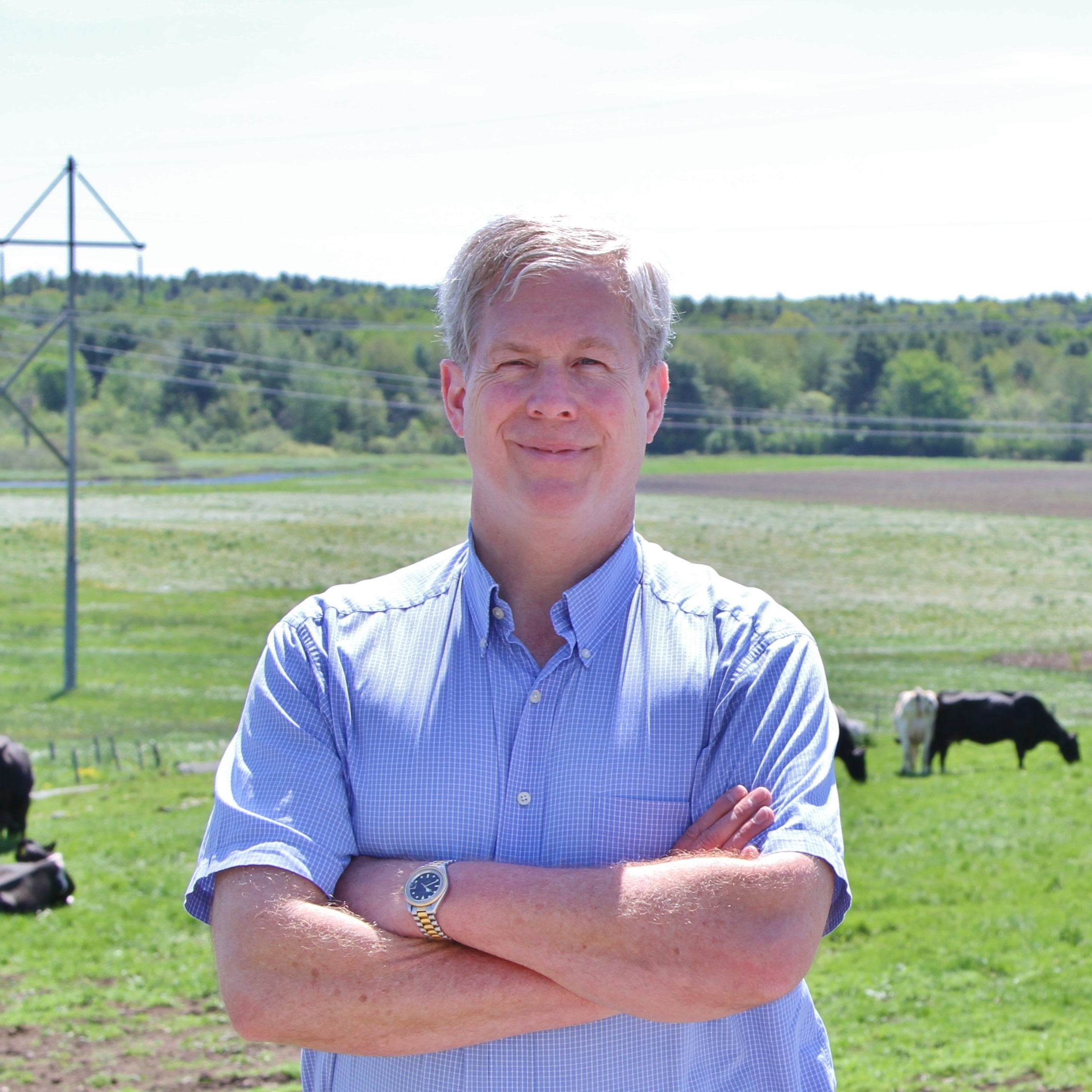The Forestry program is organized to address the diverse needs of foresters.
The program includes (1) a core set of education lessons with (2) hands-on activities and (3) supplemental on-line resources to put the climate information into practice for your forested lands. It is responsive to the interests of participants (e.g. Fellows), and their skill level and technical background.
Program Objectives
Foresters will improve their knowledge about climate changes and their impacts to trees and forest ecosystems.
Fellows will improve their ability to access localized climate data to inform land management decision making.
Land managers will improve their ability to plan and implement climate change adaptation practices.
Service and extension foresters will improve their ability to support family forest owners’ efforts to address the impacts of climate change on their lands.
Fellows will improve their ability to communicate about climate change with their peers and woodland owners.
Who is Involved?
There are two groups of people who play primary roles in the program. Program facilitators deliver core educational content, conduct evaluation activities, and serve as a resource for Fellows throughout the program. Fellows can be either foresters, forest land owners, or forestry service providers (e.g. Extension personnel, technical service providers, or other individuals who deliver direct services or advice to family forest owners). This program allows Fellows to share their experiences formally and/or informally with others who are not enrolled in the program. These land owners or land managers, while not directly a part of the fellowship, may experience some benefit from the experiences of the Fellows.
Time Commitment
The program is designed to be flexible and accommodate the diverse interests of participants. The minimum amount of time needed to cover all core materials is approximately 5 hours. These materials can be delivered in a single to multiple sessions. Program activities require time commitments between up to 8 hours, depending on participant interest.
Program Materials
The program contains several types of materials. First, there are core materials related to each of the following modules: (1) climate change science, (2) climate change impacts to tree species and forest ecosystems, (3) integrating climate change adaptation into forest management planning, (4) best practices for climate change communication, and (5) climate adaptation in urban forestry. These core materials include presentation slides and facilitator’s notes to accompany each presentation.
Second, there are links to supplemental on-line resources that are provided for each of the five modules. Lastly, there are short activities developed for each module that program facilitators and fellows can use to put into practice some of the concepts covered in that session. There are additional supplementary on-line resources that provide climate information for specialty topics in forestry, such as resources for syrup producers, Christmas tree growers, or those managing forests for particular interests such as carbon storage.
COURSE FACILITATOR SLIDE DECKS & TEACHING NOTES
Slide decks and teaching notes should be used by course facilitators and are the backbone of the fellowship module. Slide decks and teaching notes are to be used together, along with the associated activities.
Support and Feedback
Course facilitators will be able to contact the Program Developers for support, both during the program and afterwards. Developers will work with program facilitators to design a pilot that best meets the needs of their community. Facilitators can assist Developers by offering honest feedback about the program and completing evaluation activities.
Photo by David Hollinger, used with permission

